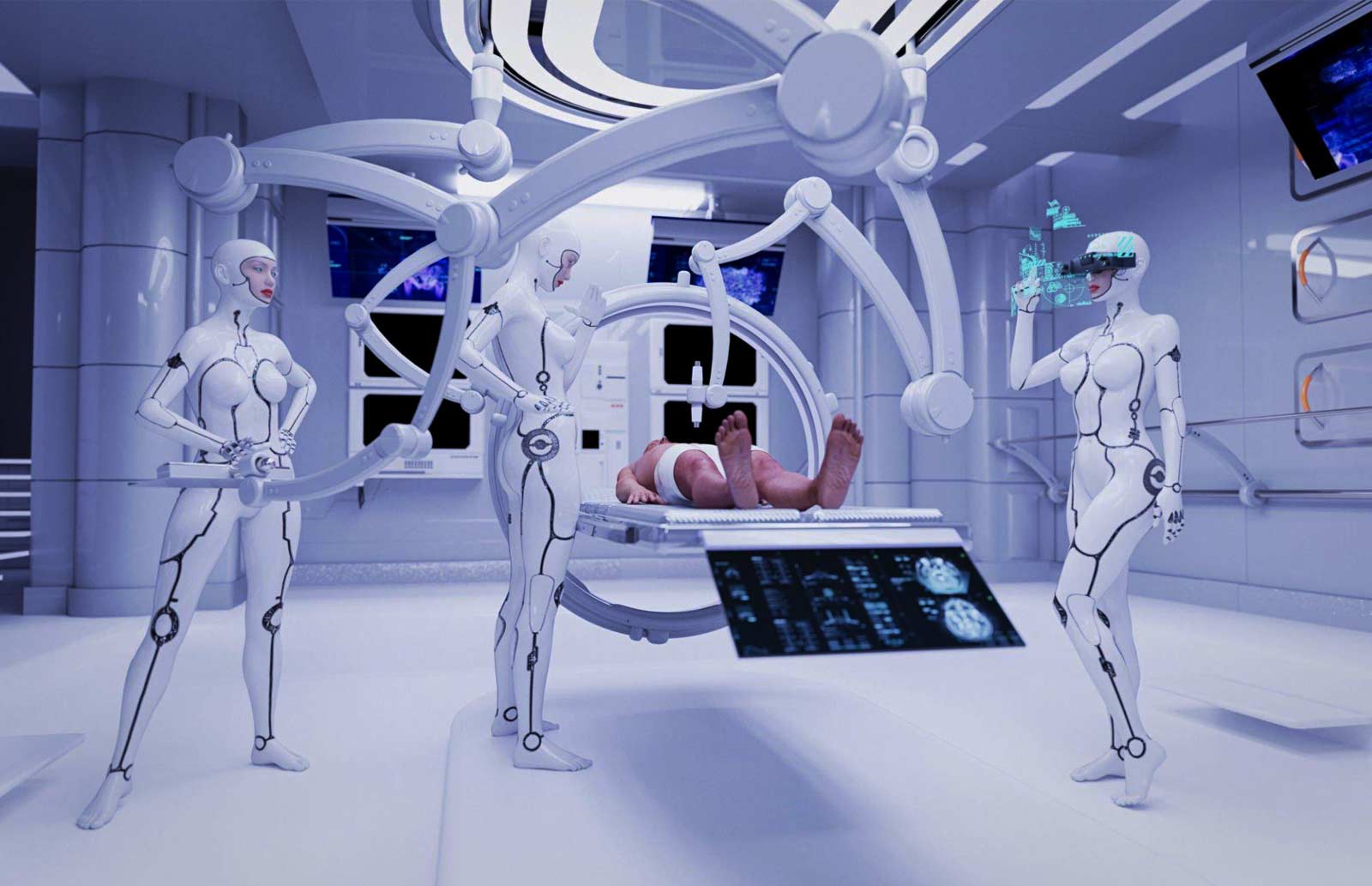The healthcare industry is undergoing a rapid transformation, driven by groundbreaking innovations in medical technology. These innovations are poised to revolutionize patient care, improve outcomes, and reshape the healthcare landscape. In this blog post, we’ll explore some of the most exciting developments in medical technology and their potential impact on the future of healthcare.

1. Telemedicine and Remote Monitoring
Telemedicine has surged in popularity, allowing patients to receive medical consultations and monitoring remotely. Advanced telehealth platforms and wearable devices enable real-time tracking of vital signs and health data, making it easier for healthcare providers to diagnose and manage conditions while increasing patient convenience.
2. Artificial Intelligence (AI) and Machine Learning
AI and machine learning are enhancing diagnostic accuracy and treatment planning. Machine learning algorithms can analyze vast amounts of medical data to identify patterns and predict disease progression. AI-powered image recognition systems improve the interpretation of medical images, such as X-rays and MRIs, reducing errors and speeding up diagnoses.
3. Robotics in Surgery
Robotic-assisted surgery systems are becoming more prevalent in operating rooms. These robots offer precision, stability, and enhanced visualization, allowing surgeons to perform minimally invasive procedures with greater accuracy. Patients often experience shorter recovery times and reduced pain.
4. 3D Printing in Healthcare
3D printing technology is revolutionizing healthcare by enabling the creation of patient-specific implants, prosthetics, and even organs. This technology has the potential to address shortages in donor organs and provide customized solutions for patients.
5. Genomic Medicine
Advancements in genomics are enabling personalized medicine. Genome sequencing helps identify genetic predispositions to diseases and guides treatment decisions. Targeted therapies and gene editing techniques offer new avenues for treating genetic disorders.
6. Nanomedicine
Nanotechnology is opening up new possibilities in drug delivery and disease detection. Nano-sized particles can precisely target disease cells, minimizing side effects. These particles are also used in diagnostic tests for early disease detection.
7. Virtual Reality (VR) and Augmented Reality (AR)
VR and AR technologies are being used for medical training, pain management, and patient education. Surgeons can practice procedures in a virtual environment, while patients can use VR to distract from pain or understand complex medical conditions.
8. Blockchain for Health Records
Blockchain technology ensures the security and integrity of health records. Patients have more control over their data, and healthcare providers can access accurate, up-to-date patient information securely.
9. Point-of-Care Testing
Portable, rapid diagnostic devices are becoming increasingly common. These devices provide quick results, which is essential for emergency care and in resource-constrained settings.
10. Remote Surgery and Telepresence
Advancements in high-speed internet and robotics enable remote surgery and telepresence. Surgeons can perform procedures from thousands of miles away, bringing expertise to underserved areas.
Conclusion
The future of healthcare is characterized by a synergy between technology and medicine. These innovations hold the promise of improving patient outcomes, reducing healthcare costs, and increasing accessibility to quality care. As these technologies continue to evolve and become more widely adopted, they are set to transform the way we approach healthcare, making it more personalized, efficient, and effective.



